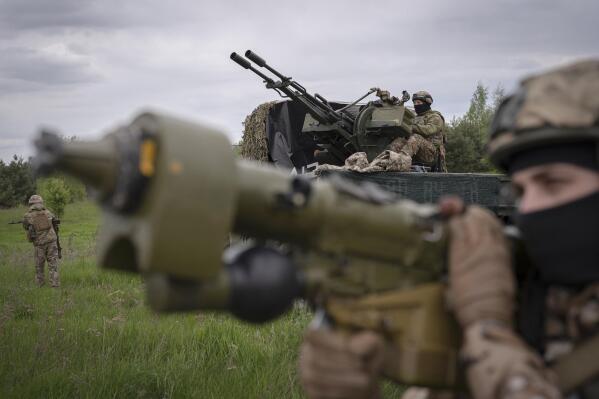Shop price inflation drops to lowest level since October 2021 as retailers slash prices on TVs
Retailers slashing prices on TVs to capitalise on the Euros helped push shop price inflation to its lowest level since October 2021.


Retailers slashing prices on TVs to capitalise on the euros helped push shop price inflation to its lowest level since October 2021, new figures show.
According to the British Retail Consortium (BRC) and Nielsen, prices in the retail sector increased just 0.2 per cent in the year to June, down from 0.6 per cent in May. This was lower than many economists had expected.
Non-food prices actually fell 1.0 per cent in the year to June, down from a 0.8 per cent annual fall in May.
Helen Dickinson, chief executive of the BRC, noted that retailers had slashed prices on TVs to attract football fans during the Euros, partly explaining the annual fall.
The figures also showed that annual food inflation decelerated to 2.5 per cent in June, its lowest level since December 2021. This was the fourteenth consecutive deceleration in food prices.

Dickinson said inflationary pressures had eased after firms had taken steps to ensure they were less exposed to supply chain disruption.
“During the height of the cost of living crisis, retailers invested heavily in improving their operations and supply chains to compensate for the impact of global shocks on input costs,” she said.
“This is clearly paying off, with shop prices having risen just 0.2 per cent over the past 12 months. Food inflation is now lower than any time since 2021 helped by falling prices for key products such as butter and coffee,” she added.
Mike Watkins, head of retailer and business insight at NielsenIQ, expected that prices would continue to remain low as firms competed for customer demand.
“With uncertainty around discretionary spending, we expect the intense competition across the marketplace to keep price increases as low as possible this summer,” he said.
The news will reassure policymakers at the Bank of England that cost pressures are easing as they consider when to cut interest rates.
Headline inflation fell to two per cent in May, its lowest level since July 2021. However, the Bank of England kept interest rates in hold last month due to fears about stubborn price pressures in the services sector.



